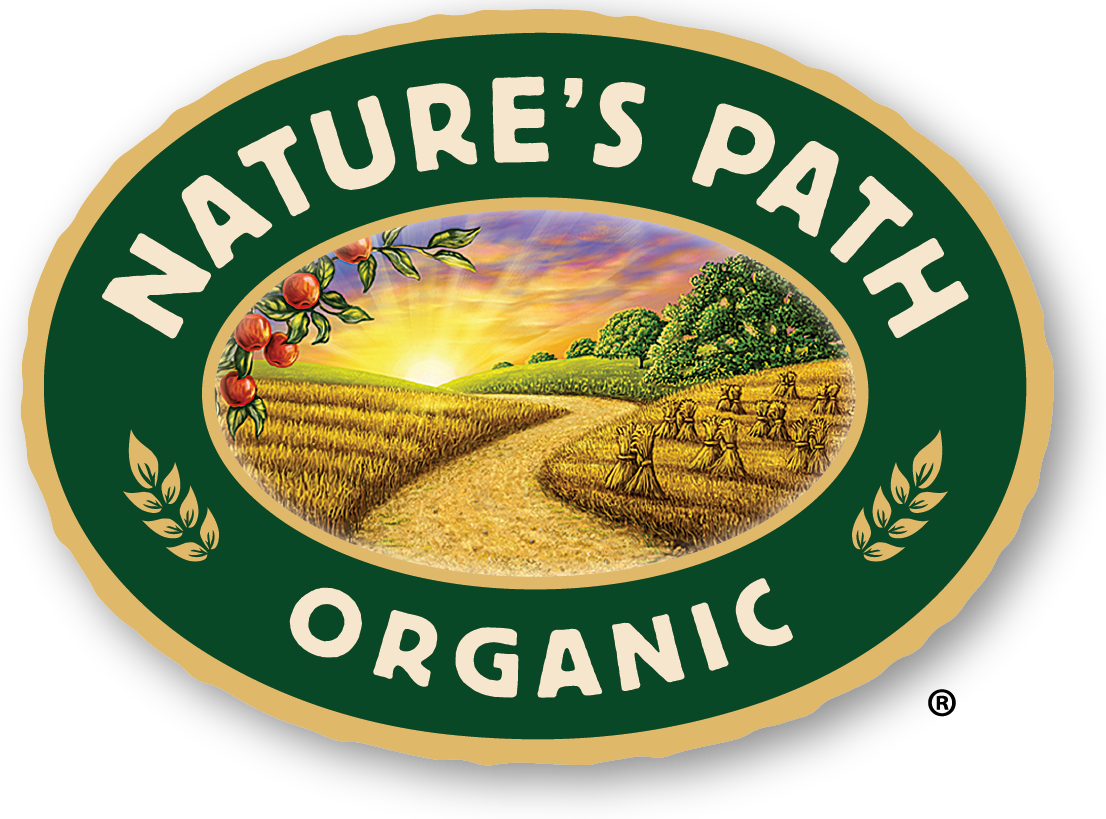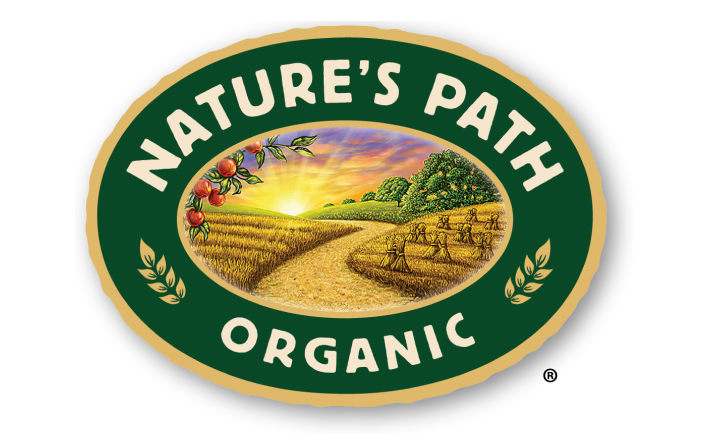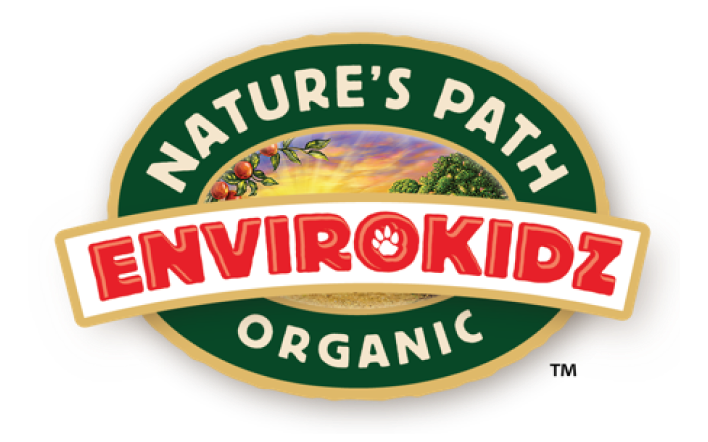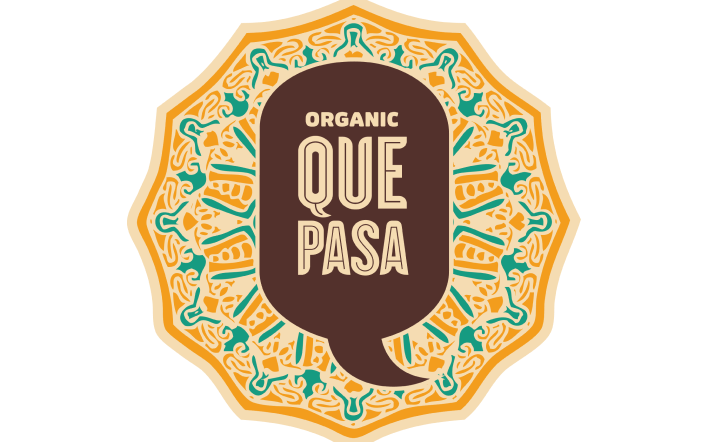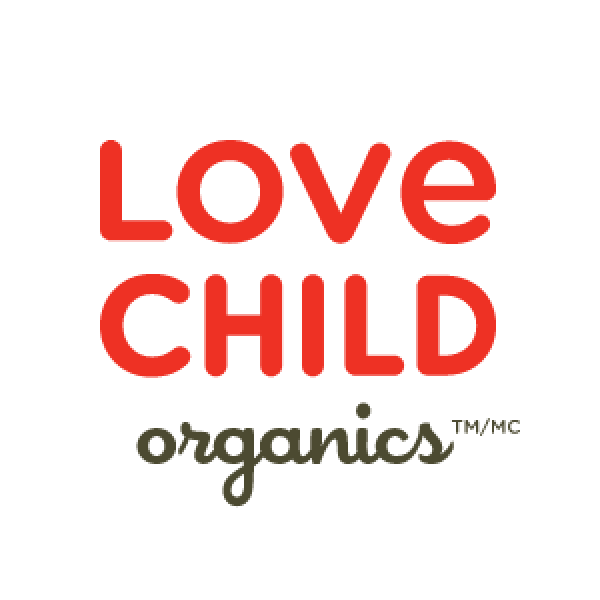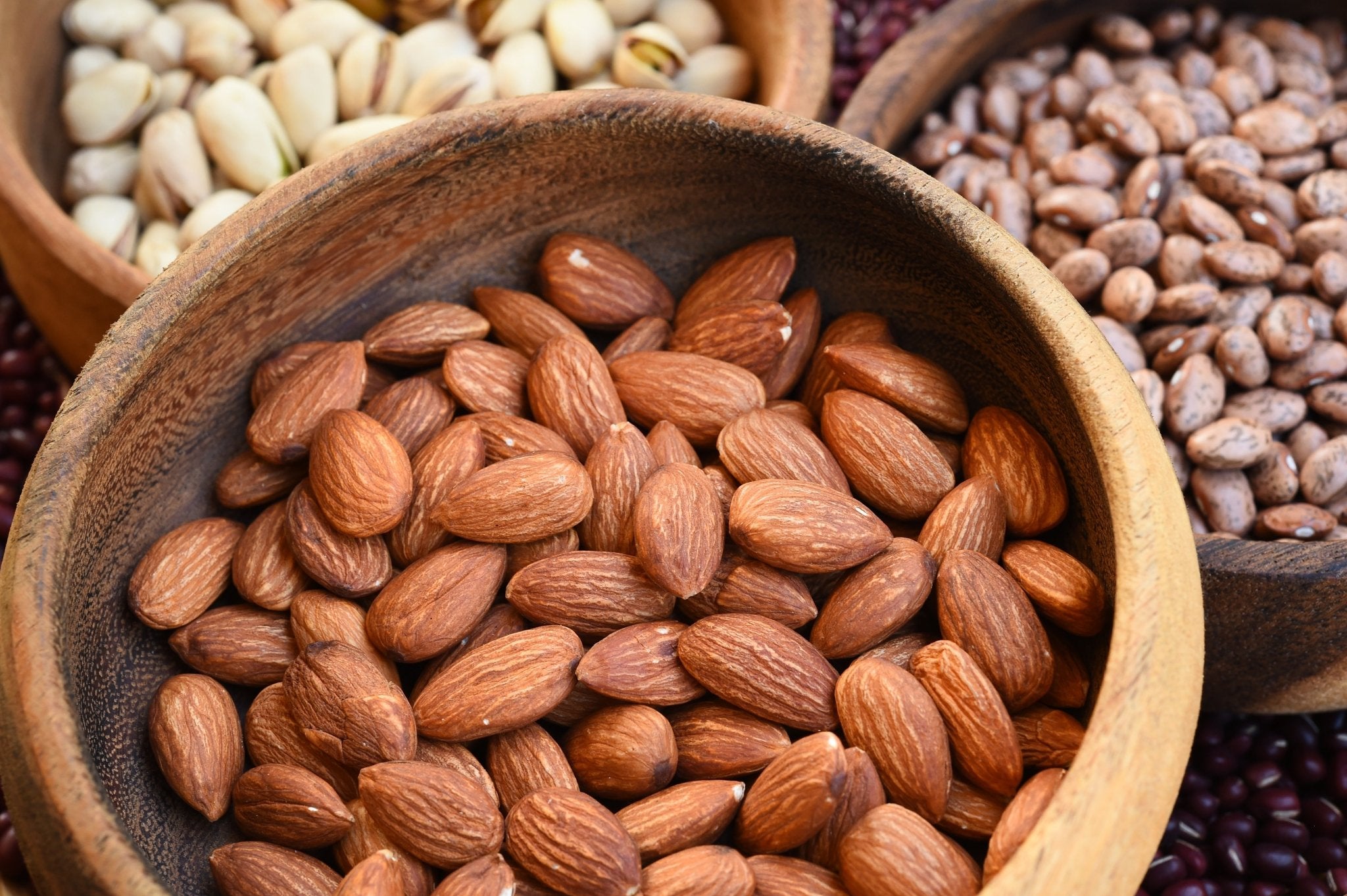
What Are the Benefits of Plant-Based Protein?
One of the most common misconceptions about plant-based diets is that they are lacking in protein. Not only is this completely untrue, but plant-based proteins provide some amazing health benefits. Keep reading to learn more about plant-based protein including where to find it, how it benefits your health, and how much you need. Shopify API
 In addition to providing the building blocks for healthy muscles and tissues, plant protein may also be beneficial for weight loss. Plant-based proteins tend to be lower in calories and fat than animal proteins but higher in fiber and essential nutrients. By swapping plant proteins for animal proteins, you can reduce your caloric intake and boost your daily nutrient profile. You may need to consume a variety of plant proteins to get all of the essential amino acids, but that’s also the best way to make sure you get all of the vitamins, minerals, and other nutrients you need.
In addition to providing the building blocks for healthy muscles and tissues, plant protein may also be beneficial for weight loss. Plant-based proteins tend to be lower in calories and fat than animal proteins but higher in fiber and essential nutrients. By swapping plant proteins for animal proteins, you can reduce your caloric intake and boost your daily nutrient profile. You may need to consume a variety of plant proteins to get all of the essential amino acids, but that’s also the best way to make sure you get all of the vitamins, minerals, and other nutrients you need.
 Whether you want to lose weight, improve your health, or just follow a healthier diet, plant-based proteins are an important piece of the puzzle. Make an effort to include the foods listed above in your daily diet and enjoy the benefits that plant proteins have to offer! To try some protein-rich plant-based foods for yourself, check out our selection of organic products!
Whether you want to lose weight, improve your health, or just follow a healthier diet, plant-based proteins are an important piece of the puzzle. Make an effort to include the foods listed above in your daily diet and enjoy the benefits that plant proteins have to offer! To try some protein-rich plant-based foods for yourself, check out our selection of organic products!

How Much Protein Do You Need?
It doesn’t matter what kind of diet you choose to follow – protein is essential. Protein is a component of every cell in the human body. Your hair and nails are made almost entirely of protein and your body uses protein to build muscle, to repair tissues, and to produce enzymes, hormones, and other important biochemicals. What makes protein even more important is the fact that the body does not store it in the way it stores carbohydrate and fat – this means that you need a steady intake to meet your needs. So, how much protein do you actually need in your daily diet? The Academy of Nutrition and Dietetics recommends a daily intake of 0.8 grams of protein per kilogram of body weight – that translates to about 0.35 grams per pound. A person weighing 165 pounds would need a minimum of 60 grams of protein per day. Keep in mind that this is a minimum. If you are trying to lose weight, build muscle mass, or if you exercise regularly, your protein needs may be higher – somewhere in the range of 0.5 to 0.8 grams per pound of body weight.What Are the Benefits of Plant Protein?
Proteins are made up of amino acids and there are 20 of them in total. The human body is able to synthesize or create 11 of them – the remaining 9 are known as “essential amino acids” because they must come from your diet. A complete protein is one that contains all 9 of those essential amino acids and there are several plant foods that fit this description such as quinoa, buckwheat, hemp, and soy. In addition to providing the building blocks for healthy muscles and tissues, plant protein may also be beneficial for weight loss. Plant-based proteins tend to be lower in calories and fat than animal proteins but higher in fiber and essential nutrients. By swapping plant proteins for animal proteins, you can reduce your caloric intake and boost your daily nutrient profile. You may need to consume a variety of plant proteins to get all of the essential amino acids, but that’s also the best way to make sure you get all of the vitamins, minerals, and other nutrients you need.
In addition to providing the building blocks for healthy muscles and tissues, plant protein may also be beneficial for weight loss. Plant-based proteins tend to be lower in calories and fat than animal proteins but higher in fiber and essential nutrients. By swapping plant proteins for animal proteins, you can reduce your caloric intake and boost your daily nutrient profile. You may need to consume a variety of plant proteins to get all of the essential amino acids, but that’s also the best way to make sure you get all of the vitamins, minerals, and other nutrients you need.
Where Can You Get Plant-Based Protein?
While most plant foods contain a small amount of protein, certain foods are richer in this essential macronutrient than others. Here are some of the top sources of plant-based protein:- Almond Butter (8g per serving)
- Amaranth (9g per cup)
- Black Beans (15g per cup)
- Buckwheat (6 per cup)
- Chia Seeds (4.5g per ounce)
- Chickpeas (14.5g per cup)
- Green Peas (9g per serving)
- Hemp Seeds (9g per serving)
- Kale (2g per cup)
- Kidney Beans (8g per cup)
- Lentils (18g per cup)
- Nutritional Yeast (9g per serving)
- Oatmeal (14g per cup)
- Pumpkin Seeds (12g per cup)
- Quinoa (8g per serving)
- Spirulina (39g per serving)
 Whether you want to lose weight, improve your health, or just follow a healthier diet, plant-based proteins are an important piece of the puzzle. Make an effort to include the foods listed above in your daily diet and enjoy the benefits that plant proteins have to offer! To try some protein-rich plant-based foods for yourself, check out our selection of organic products!
Whether you want to lose weight, improve your health, or just follow a healthier diet, plant-based proteins are an important piece of the puzzle. Make an effort to include the foods listed above in your daily diet and enjoy the benefits that plant proteins have to offer! To try some protein-rich plant-based foods for yourself, check out our selection of organic products!
Would you like to be the first to hear about our new products and more? Sign up for our Nature’s Path Newsletter.


